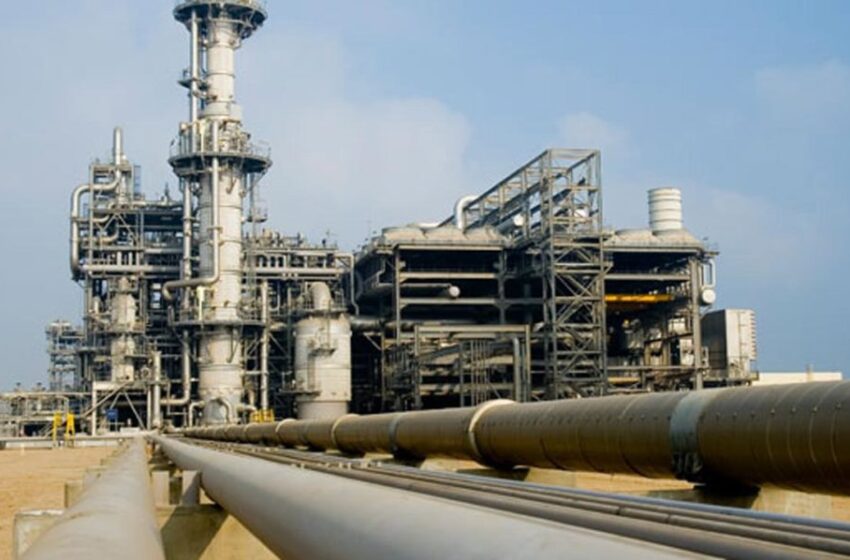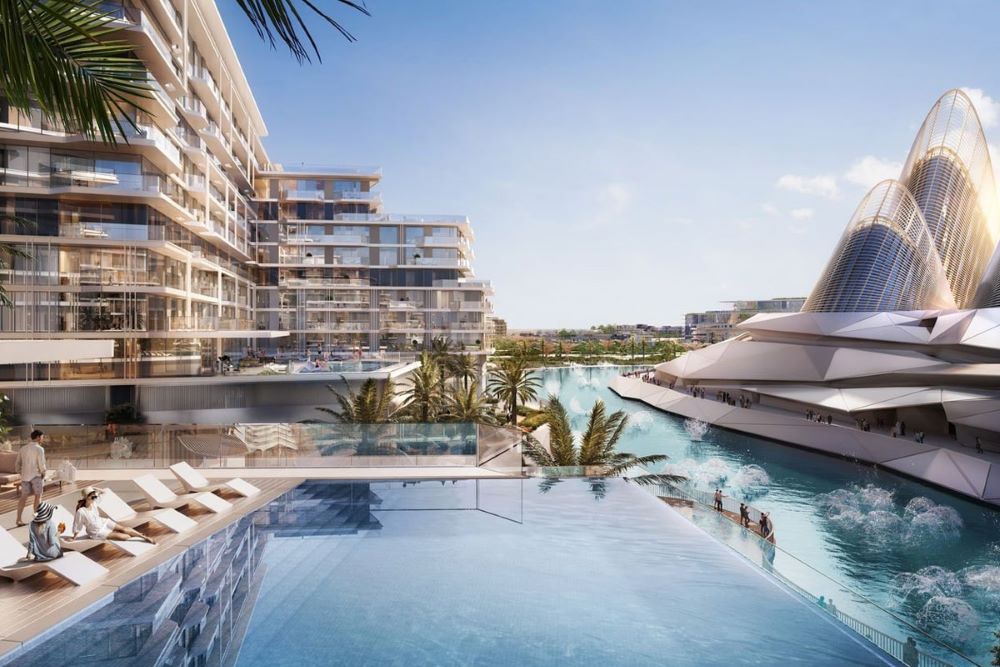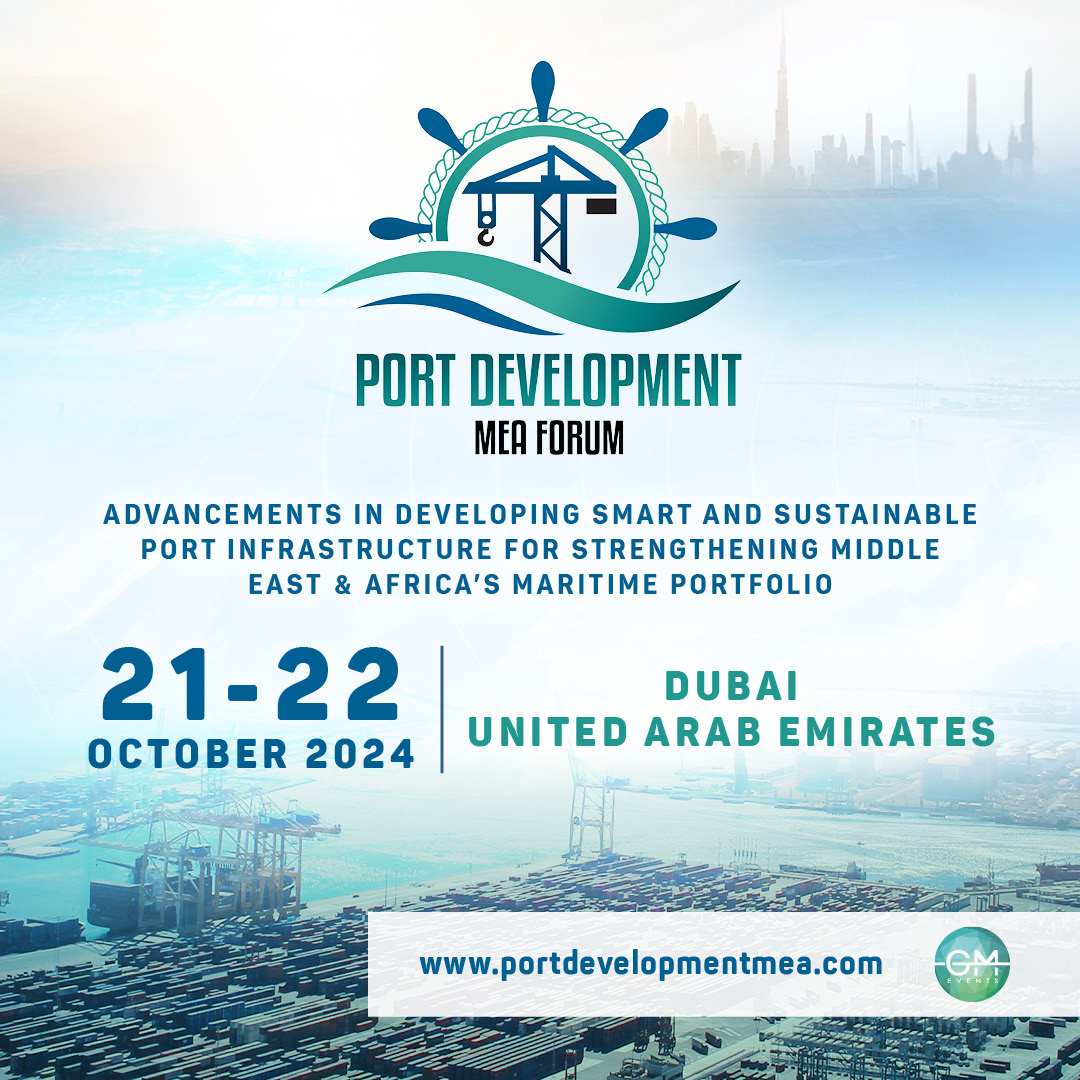
globalbizmag.com
Substantial Progress Made in Trans-Saharan Gas Pipeline
Algeria’s Minister of Energy and Mines Mohamed Arkab has affirmed that the $13 billion Trans-Saharan Gas Pipeline (TSGP) project had made substantial progress and completed more than 60% of the works so far.
The Trans Saharan Gas project is expected to commence operations in 2030 and will be owned by Nigeria National Petroleum Company, Algerian national oil and gas company Sonatrach, and Ansaldo Energia.
According to the African Energy Chamber’s State of African Energy 2023 report, Nigeria and Algeria – along with Egypt – are poised to serve as the primary drivers of gas supplies to Europe in the coming years, and already account for approximately 80% of Africa’s total gas production.
“Of the planned 4,128 km, only 1,800 km are still underway, currently being studied technically,” the Algerian Minister told media persons in Algiers on the side lines of Gas Exporting Countries Forum (GECF).
“The 4,128 km project from Abuja to the Algerian coast, intended for exporting Nigerian gas, has witnessed significant progress, with only 100 km remaining in Nigeria, 1,000 km in Niger, and 700 km in Algeria, for a total of 1,800 km left,” the Minister said.
He also highlighted the importance of the meeting held with the Nigerian Minister of Resources where the “need to marshal all means to relaunch the project after the delays recorded” was underscored, noting that relaunching this project had unanimous support from the three countries.
In this respect, coordination is underway with Niger and Nigeria to complete the necessary technical studies before carrying out the remaining parts.
Algiers Declaration
With regard to the “Algiers Declaration” at the GECF, Arkab said that it represented an achievement for the gas industry, emphasising the need to preserve, back and boost it, with a view to meeting growing global demand and intensify consultations between gas exporting countries to tackle the present challenges.
He further stressed the need to increase gas investments, given the key role of this resource in the energy transformation and its importance for the countries’ energy security.
After affirming that the gas industry, which requires huge investments, demands a forward-looking and clear vision in the market, spanning at least 10 years, the minister highlighted the content of the Forum’s upcoming report on the need to end the slowdown of investments in this sector.
In Algeria, the hydrocarbons law provides major facilitation to partners for executing energy projects, particularly in gas, which has been positively welcomed by the major international energy companies that are currently preparing long-term contracts in this field, the minister noted.
He pointed out that along with exporting natural gas through pipelines with a capacity of 43 billion cu m, Algeria was also working to increase its liquefied natural gas capacity, as part of its vision for new markets, especially the Asian market.
With regard to energy relations with Europe, the minister said that they were ‘positive’ and that there was a convergence of views on the points that were discussed at the last high-level bilateral meeting.










